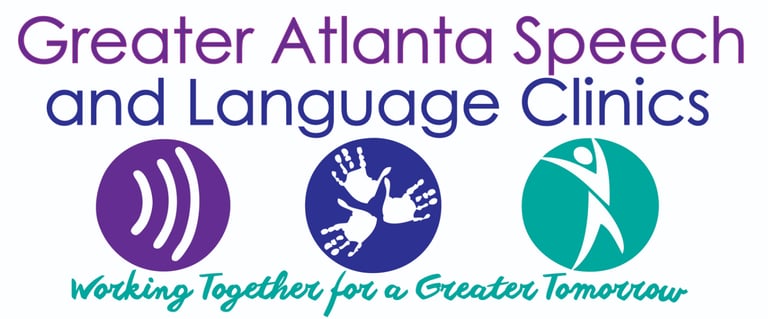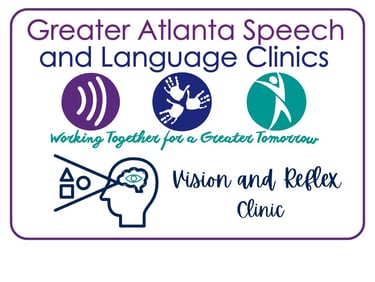How Can an Occupational Therapist (OT) Help?
Helping the Brain and Eyes Work Together for Everyday Success
Occupational therapists (OTs) are trained to understand how vision affects daily function—not just how we see, but how we use what we see to move, learn, and interact with the world.
Here’s how OTs approach vision rehabilitation:
✅ 1. Assess Functional Vision Skills
OTs evaluate how visual challenges are impacting a child’s everyday activities, not just their ability to read an eye chart.
They look at:
Eye tracking (can the eyes follow moving objects smoothly?)
Eye teaming (do the eyes work together or drift apart?)
Visual perception (can the brain interpret what it sees?)
Hand-eye coordination (how well do the eyes and hands work together?)
Balance and spatial awareness (can the person navigate space safely?)
✅ 2. Identify Underlying Issues
Sometimes visual struggles are linked to:
Retained primitive reflexes
Sensory processing difficulties
Developmental delays
Brain injuries or concussions
OTs look at the whole person, identifying what’s holding back visual development.
✅ 3. Use Movement-Based and Sensory Activities
Vision is deeply connected to movement and the nervous system, so therapy often looks like fun, play-based activities—but each one is purposeful!
Some examples:
Ball games to build tracking and depth perception
Obstacle courses to improve spatial awareness and coordination
Puzzles or mazes to develop visual discrimination
Swinging or balance boards to integrate vision with movement
Copying or drawing tasks to strengthen visual-motor skills
✅ 4. Reinforce Visual Skills in Real-Life Tasks
OTs help clients apply visual improvements to daily activities like:
Writing, reading, and copying from the board
Playing sports
Navigating hallways or classrooms
Getting dressed or brushing teeth
Organizing and planning tasks
✅ 5. Collaborate with Other Specialists
When under the care of a developmental optometrist our collaborative approach, will use the most up to date and evidence-based tools and interventions to ensure the most comprehensive therapeutic approach to improving functional vision.
Collaborating partner: Dr Jennifer Dattolo
Contact Us


Main Clinic Building
1515 Johnson Ferry Road
Suite 100
Marietta, GA 30062
OT / PT Annex
1503 Johnson Ferry Road
Terrace Level
Marietta, GA 30062
Appointment Request: Click Here
Phone: (770) 977-9457
Fax: (770) 977-5087
Email: greateratlantaspeech@gmail.com


